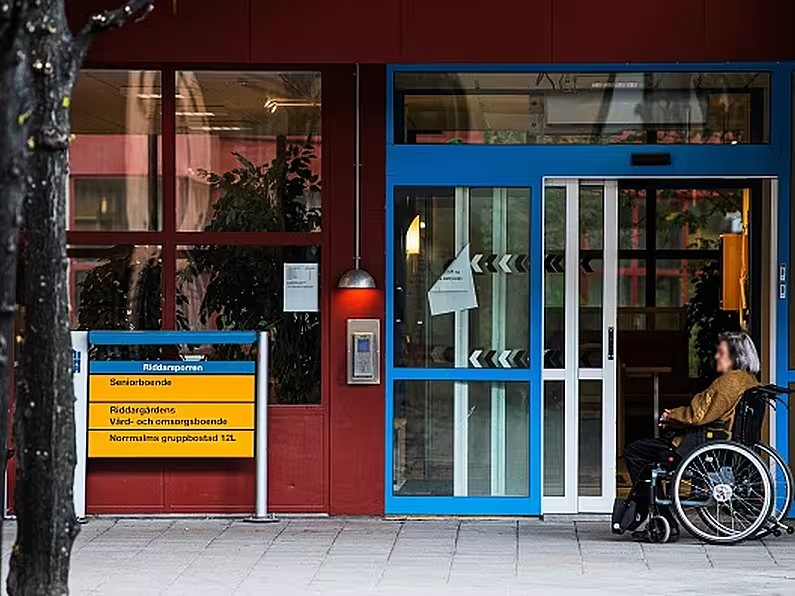Younger people are living “wasted lives” in nursing homes due to a lack of State support, according to an investigation by the Ombudsman.
In his report "Wasted Lives: Time for a better future for younger people in nursing homes” published today, Peter Tyndall said “systemic issues” and a “fractured funding model” had left hundreds of people confined to the homes, often against their wishes.
There are more than 1,300 people under the age of 65 living in nursing homes in Ireland, according to the HSE.
The Ombudsman investigation into the placement of younger people in nursing homes was launched following several complaints. Mr Tyndall carried out 28 visits with people directly affected and spoke with representative groups.
“One of the people we met during the investigation said that he had wasted the best years of his life in an institution. Another, who had suffered his injuries in an assault, said the person convicted would one day leave prison — he had no prospect of leaving the nursing home,” he said.
Informed consent
Mr Tyndall said many of those living in nursing homes believed their stay was temporary and some living with disabilities did not give informed consent about being placed in a facility long-term.
He found the availability of primary care services for younger people in nursing homes was “patchy or non-existent” and noted many activities in the homes were not suitable for younger people.
There is no system in place to record the number of people affected and the health system is biased in favour of institutional settings, his report also found.
The Ombudsman said that his report was not a criticism of nursing homes, but was about the inappropriateness of them as accommodation for younger people with a disability.
Most of the people he spoke with during the investigation wanted to live at home but were not being offered this option, despite several cases showing it was possible with HSE support, Mr Tyndall said.
The Ombudsman said a statutory home support scheme was needed to fulfil a programme for Government commitment to end the inappropriate placements.
Recommendations
The report contains a number of recommendations to the HSE and the Department of Health, including strict guidelines for staff involved in processing applications for the Nursing Home Support Scheme to ensure there is fully-informed consent.
Work on a national survey should also be used to identify other individuals in similar circumstances and follow-up actions should be implemented as “a matter of urgency”, while a new budget should improve the quality of life of the people affected.
The HSE acknowledges that the report gives an important voice to a number of people who are clearly dissatisfied
In a statement issued on Wednesday, the HSE said it is "fully committed to the UN Convention on the Rights of People with a Disability and the implementation of Sláintecare which is ultimately about delivering the right care in the right place at the right time."
The health service said nursing home interventions were “appropriate” for some people but agreed “this must be the subject of a care and case management approach that facilitates structured reviews and where the will and preference of the individual is of paramount importance.”
“The HSE acknowledges that the report gives an important voice to a number of people who are clearly dissatisfied with their care arrangement and who strongly desire to be facilitated in terms of transitioning to a ‘home’ with the required support,” a statement said.
“There are approximately 1,330 people under 65 years living in nursing homes, 45 per cent of whom are aged 60 plus and 20 per cent less than 50 years, and many of these people are satisfied with this arrangement and for many this may be the appropriate setting based on their clinical and support need.”
The HSE said the establishment of a statutory home support scheme that enables people to live as independently as possible was under way and work has been ongoing to address nursing home care of younger people who wish to live elsewhere.











